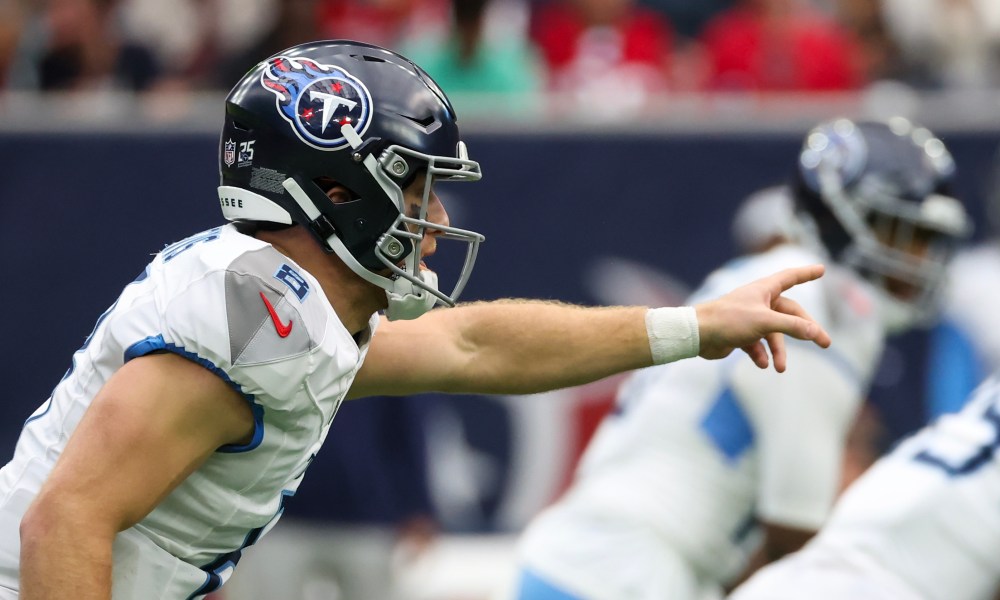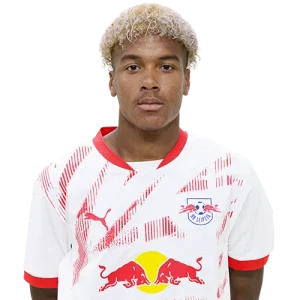
How Long Will the Titans Tolerate Will Levis’ Development Challenges?
When the Tennessee Titans drafted quarterback Will Levis in the second round of the 2023 NFL Draft, they made a bold move, hoping to find their next franchise quarterback. Levis, an athletic and strong-armed passer from Kentucky, entered the league with a lot of potential but also a fair share of concerns. Now, with Levis at the helm, the Titans face a critical question: How long can they afford to ride out his inevitable growing pains while maintaining competitive relevance?
The Titans’ Quarterback Situation
Before Levis took over, Ryan Tannehill was the Titans’ established starter, guiding the team to multiple playoff appearances. However, age and injuries began to take their toll, and the Titans’ offense became more stagnant in 2022. Tannehill’s struggles opened the door for a quarterback change, and Levis appeared to be the heir apparent. While Levis brings intriguing traits to the table, including his arm strength, mobility, and leadership potential, he also arrived with concerns about his accuracy, decision-making, and consistency.
Tennessee isn’t in full rebuild mode just yet. The Titans are still competing in a division that’s seen a lot of change, with the Jacksonville Jaguars emerging as a contender but other teams, like the Indianapolis Colts and Houston Texans, still in the midst of their own retooling efforts. For the Titans, Levis is a long-term investment, but the team is also still aiming to win in the short term.
The Levis Learning Curve
Rookie quarterbacks often take time to adjust to the NFL, and Levis is no different. His time at Kentucky showed flashes of brilliance mixed with bouts of inconsistency. His arm strength and athleticism are undeniable, but the technical aspects of his game—pocket presence, decision-making under pressure, and reading defenses—are areas where he’ll need significant growth.
Through the early stages of his development, Levis has shown promise. He’s made some impressive throws that highlight his potential as a franchise quarterback, but he’s also had the typical rookie mistakes: forcing passes into tight coverage, holding the ball too long, or misreading defensive schemes. These issues are part of the learning curve, but the question is how long the Titans can afford to live with them.
Patience vs. Pressure
The Titans’ coaching staff, led by Mike Vrabel, is known for its toughness and discipline. Vrabel has emphasized that player development, especially at quarterback, requires patience. At the same time, the NFL is a results-driven league. If Levis continues to struggle with turnovers or fails to sustain offensive drives, pressure will mount—both from within the locker room and from fans and media.
For Levis to be successful, the Titans will need to build around him. Derrick Henry’s power running game gives Levis a strong foundation to work with, but as Henry ages, there’s pressure to evolve the offense and open up the passing attack. This puts even more emphasis on Levis’ development. The team must decide how long they’re willing to endure his growing pains before considering other options or reverting to a veteran like Tannehill, assuming he’s still on the roster.
The Team’s Window of Opportunity
The Titans have a roster that, while aging in key areas like offensive line and running back, still has enough talent to contend in the AFC South. Their defense, led by Jeffrey Simmons and Kevin Byard, is solid but won’t be in its prime forever. The team’s window for contention may be closing, and whether Levis can grow quickly enough to keep them in playoff contention is the looming question.
Tennessee also faces the challenge of navigating the modern NFL quarterback market. If Levis doesn’t show substantial growth in his first couple of seasons, the Titans will be forced to consider whether he’s the long-term answer. The team can’t afford to linger in quarterback purgatory—where Levis isn’t quite good enough to win consistently but too promising to give up on too early.
How Long is Too Long?
Ultimately, the Titans’ patience with Will Levis will depend on a few factors: the pace of his development, the team’s ability to stay competitive, and the level of support from the front office and coaching staff. If Levis shows incremental improvement, limiting mistakes and mastering the mental side of the game, the Titans will likely give him the time he needs. However, if his struggles continue into a second or even third season without clear signs of progress, Tennessee may have to explore other options at quarterback.
In today’s NFL, patience with young quarterbacks is often in short supply. While teams understand that development takes time, the pressure to win now is ever-present. For the Titans, it’s a balancing act: allow Levis to grow while making sure the team doesn’t fall too far behind in a league that punishes mediocrity. How long they’re willing to tolerate Levis’ growing pains may ultimately determine the direction of the franchise for years to come.
Conclusion
Will Levis has all the tools to be a successful NFL quarterback, but his journey will come with bumps in the road. The Titans have invested in his development, but they must decide how much time they can afford to give him. As long as Levis continues to show growth and flashes of his potential, he’ll likely remain the centerpiece of the Titans’ future. But in the high-stakes world of professional football, the clock is always ticking.







